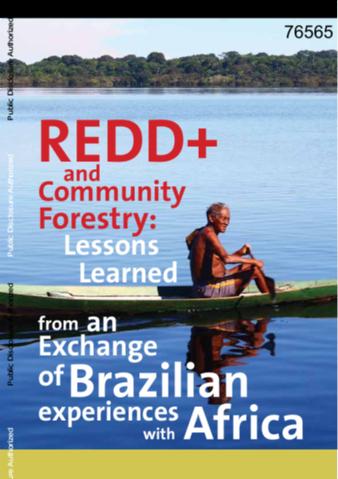Forest Law and Sustainable Development : Addressing Contemporary Challenges Through Legal Reform
This study is intended to be a
systematic and practical guide to the basic features of
modern forestry legislation. It identifies a range of issues
that should be considered in assessing the adequacy of
forest laws and presents options for addressing those issues
in ways that may improve the effectiveness of law as a
foundation for sustainable forest management. Part One
locates forestry law within the wider legal framework,



